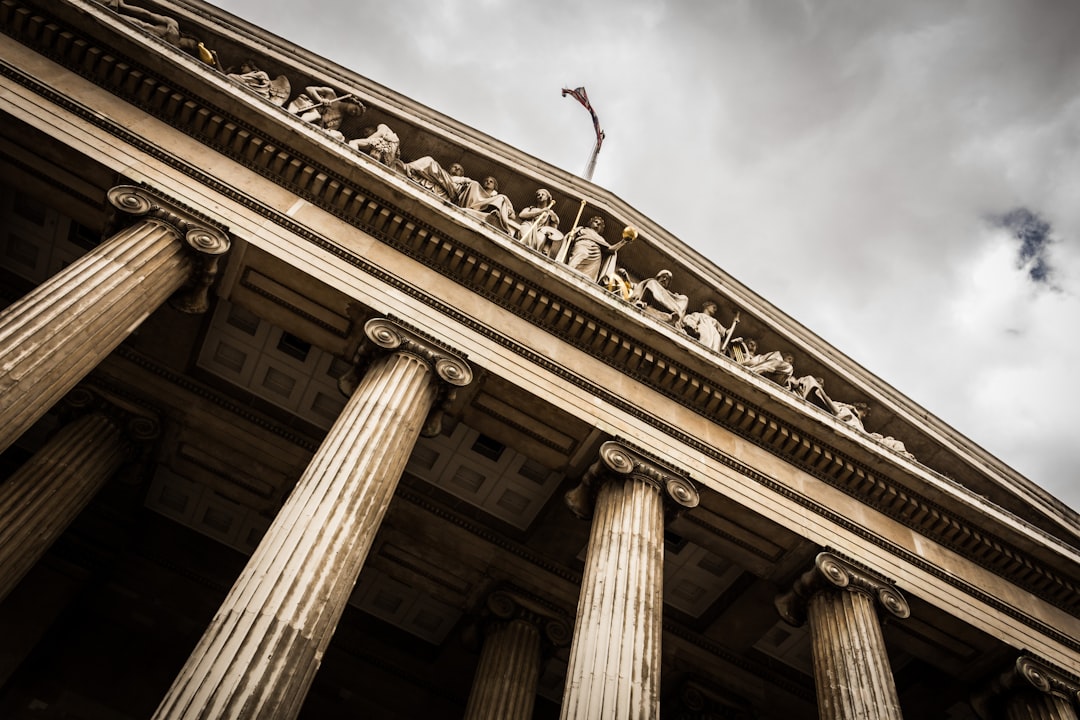California's strict debt collection laws protect consumers from mistaken calls and unfair practices by mandating that collectors verify debts before communication, providing consumer rights, and prohibiting abusive methods. Seeking advice from a lawyer for debt collector laws California ensures compliance, guides responses, and protects both collectors and consumers from penalties and legal repercussions.
In California, consumers are protected by robust guidelines regarding debt collection practices. If you’ve received a mistaken debt collection call, understanding your rights is crucial. This article delves into the state’s consumer protection laws, specifically focusing on mistaken debt collection calls. We explore the duties and responsibilities of debt collectors and outline steps for consumers to take if misinformed debt claims arise. Armed with this knowledge, both debtors and creditors can navigate these regulations with the help of a lawyer specializing in California’s debt collector laws.
Understanding California's Debt Collection Laws

California has stringent guidelines in place to protect consumers from mistaken debt collection calls, ensuring fair practices by debt collectors. These laws are designed to safeguard individuals from harassment and inaccurate information during the debt recovery process. One of the key aspects is that a debt collector must verify the debt with the consumer before initiating any communication, including phone calls. This verification process includes verifying the amount owed, the name of the original creditor, and other relevant details.
Hiring a lawyer specializing in debt collection laws California can be beneficial for both consumers and debt collectors. Legal professionals can ensure compliance with these guidelines, helping debt collectors avoid penalties and legal repercussions. For consumers, an attorney can protect their rights, provide guidance on how to respond to such calls, and take appropriate action if they believe their rights have been violated.
– Overview of consumer protection laws in California

California has stringent consumer protection laws designed to safeguard individuals from unfair and deceptive practices, especially in the realm of debt collection. These regulations are in place to ensure that consumers’ rights are respected and that they receive fair treatment when dealing with debt collectors. One of the key pieces of legislation is the California Debt Collection Act (CDCA), which outlines the permitted practices for debt collectors operating within the state.
Under the CDCA, a lawyer for a debt collector in California must adhere to strict guidelines, including refraining from using abusive, oppressive, or harassing collection methods. They are prohibited from making false or misleading statements about the debt, using threats or violence, or contacting consumers at inconvenient times or places. Consumers have the right to request validation of the debt, and collectors must provide a clear and comprehensive explanation of the amount owed. Should a consumer dispute the debt, the lawyer for the debt collector must investigate and ensure accurate record-keeping to avoid further misunderstandings.
– Definition of mistaken debt collection calls

Mistaken debt collection calls refer to instances where a debt collector or collection agency makes contact with an individual regarding a debt that does not belong to them. This can occur due to errors in debt verification, misidentification of debtors, or even intentional deception by the collector. In California, such mistakes are taken seriously, and there are strict guidelines governing how debt collectors operate to ensure fairness for consumers.
When a California resident receives an unwanted call from a debt collector about a debt they did not incur, they have rights. A lawyer specializing in debt collection laws can guide individuals through this process, ensuring their legal protections are understood and exercised. These guidelines aim to prevent harassment, provide clarity on debt validity, and offer recourse for those affected by mistaken collections practices.






